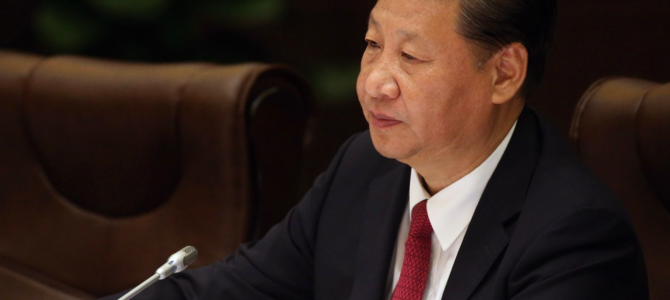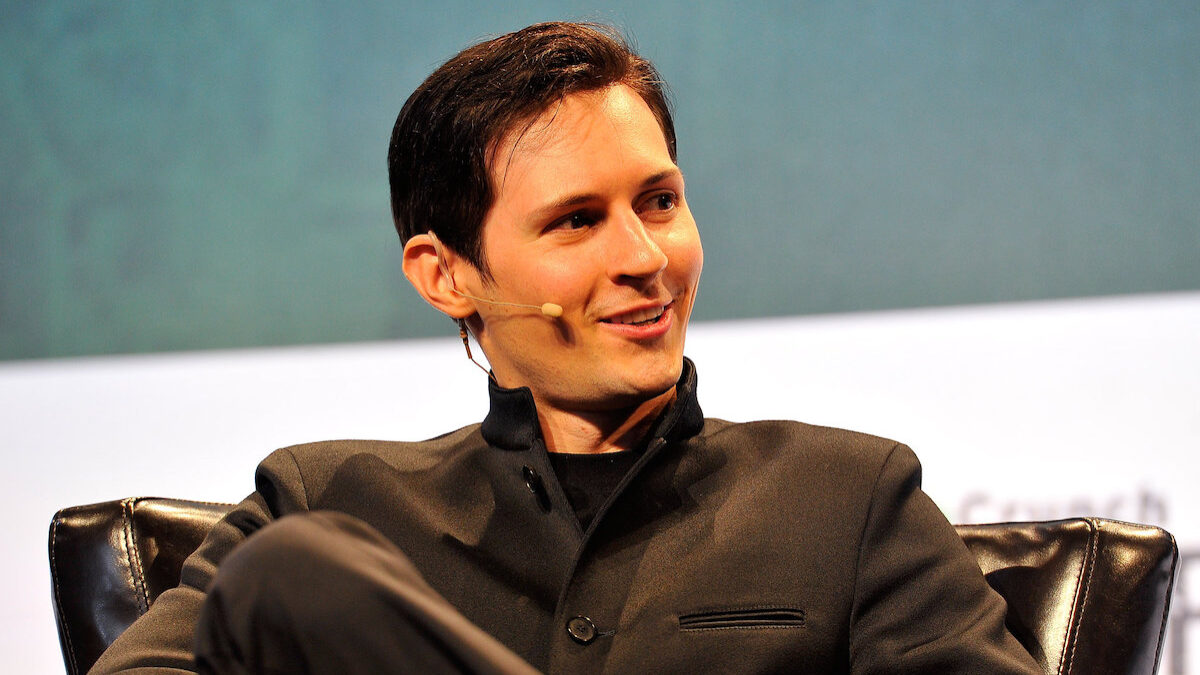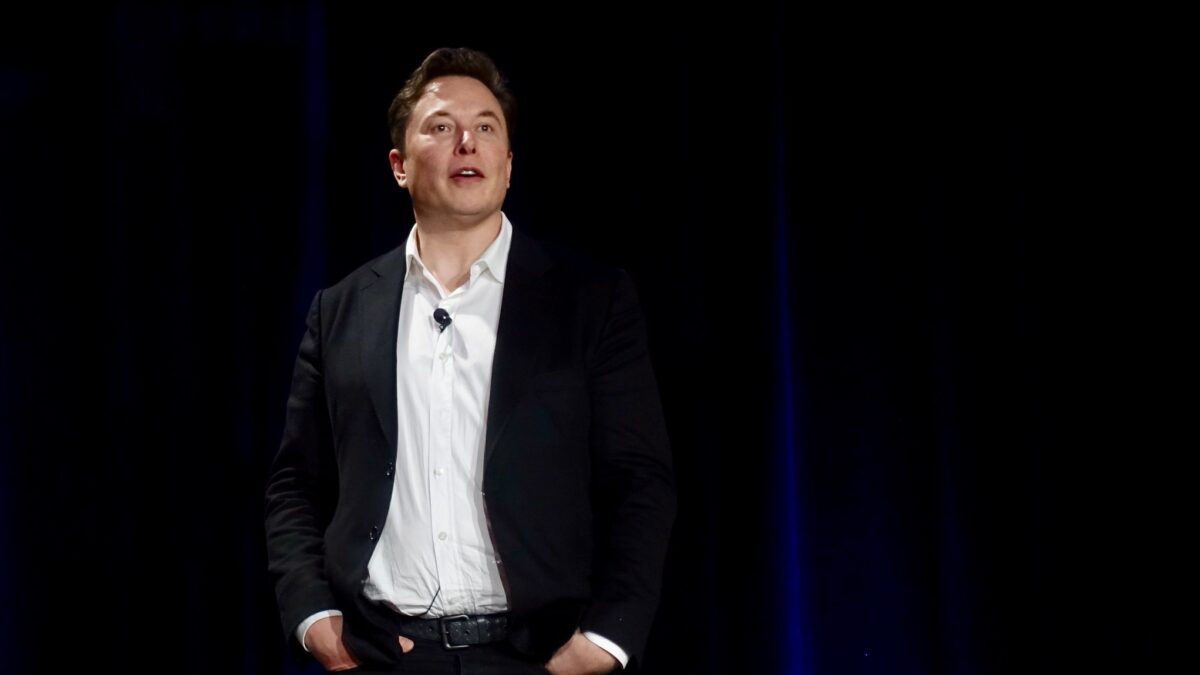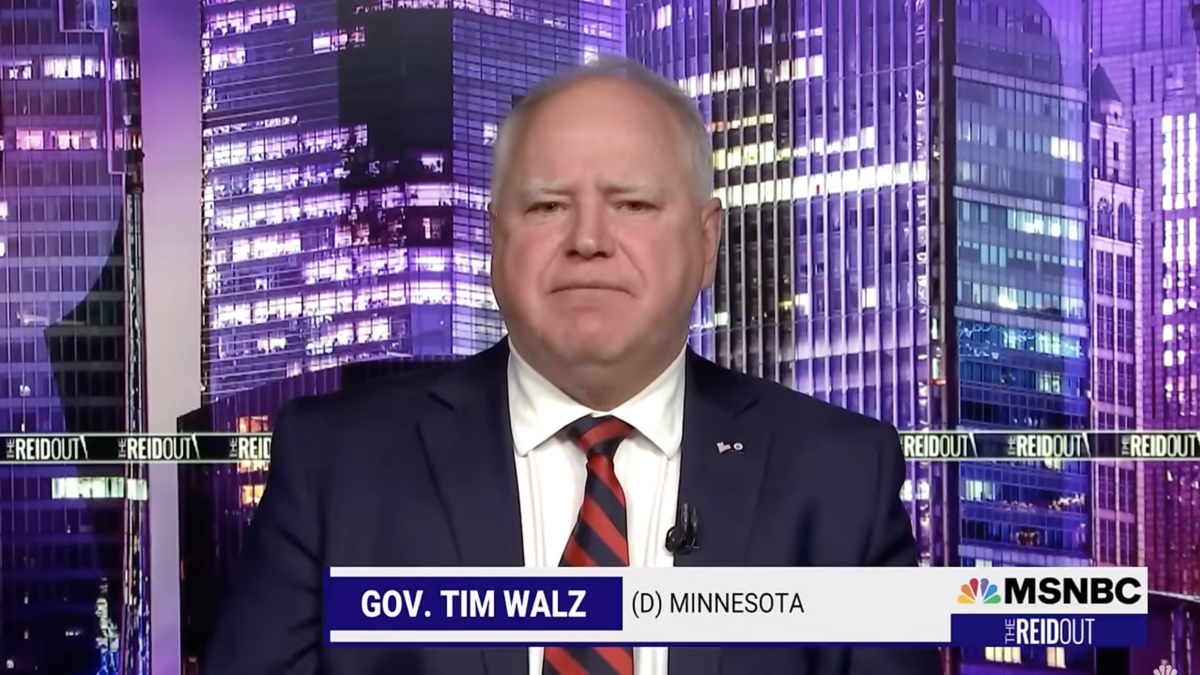
If you’ve somehow managed to browse the internet without hearing about the Blizzard debacle, let me catch you up: Blizzard Entertainment is a gaming company that runs Hearthstone, an online card game with competitive tournaments. A Hong Kong-based player named Ng Wai Chung (alias Blitzchung) used a pro-democracy slogan during a post-match interview that was being live-streamed, and Blizzard suspended Blitzchung for six months, withholding his prize money to appease the Chinese government.
It may sound like a small incident, but it created a huge online backlash culminating in a boycott, which led to Blizzard reducing Blitzchung’s suspension and returning his prize money. A large-scale boycott may seem like a disproportionate response, and, if this event had occurred in isolation, it would be disproportionate.
But Blitzchung’s ban did not occur in isolation. This is just one of many recent cases in which other countries have changed their policies to appease the Chinese government, and these policy changes have affected people outside China. In July of last year, several American airline companies changed their websites to make it look as if Taiwan were not a sovereign country, at the request of the Chinese Communist Party (CCP).
The NBA recently groveled to the CCP because a team manager criticized the Chinese government on Twitter. Apple recently pulled an app from its app store that helps Hong Kong protesters track the police, although this move was recently reversed. Over and over again, CCP censorship has insinuated itself into global business by leveraging the lucrative Chinese market. The Blizzard boycott was just the tip of the censorship iceberg.
America’s Tug-of-War with Chinese Censorship
We can set up the problem like this: The Chinese government will never budge on censorship, but Western consumers will raise hell when they feel they are being subjected to it – and this, in turn, has been at least partially effective, as is evident in the cases of Blizzard and Apple. So far, the trend has been Western companies walking a very thin line between losing access to the Chinese market and losing their customer base everywhere else.
This can’t last forever. The Chinese government will not be content with repeated incidents of this kind, and Western consumers will prove allergic to CCP censorship. Moreover, the U.S. government is showing itself increasingly willing to challenge China economically. The U.S.-China trade war has exacerbated all of this a great degree. Something has to give.
A full geopolitical examination of the U.S.-China relationship is far, far beyond the scope of this article, but suffice it to say, the current state of economic conflict is not entirely due to the Trump administration. This confrontation was a long time coming, and the reasons for it go far deeper than Trump.
So when you hear a dispatch from the White House saying America is reaching the first phases of a trade deal with China, don’t be fooled — this is far from over. The United States, even if it hammers out a deal with China, will still make policy changes to decouple its economy from China’s. This conflict is far more profound than the election of a hotheaded American president, and it will continue long after he’s out of office.
There are three factors: the stubbornness of the Chinese government, the stubbornness of Western consumers, and the trade war and deeper economic conflict between the American and Chinese governments. Of those three factors, something has to give. Either Western consumers must accept a certain amount of CCP censorship, the CCP must cease its efforts to promote its own interest via censorship (and other underhanded means), or economies that do not wish to bend the knee to the CCP must decouple themselves from China. I’ll discuss each in turn.
Keep in mind that these are extreme outcomes. Various mixtures of each are possible. Each one is a kind of limit scenario, a pure outcome relating to one of the three factors giving way. I do not expect any of these three to pan out exactly as described, but this is useful for illustrative purposes.
With China, Something Has to Give
First possibility: With the rise of China, commonly prophesied among economists and geopolitical pundits, it may be that China’s economic power becomes so overwhelming that foreign companies will be unable to resist CCP censorship. If the Chinese economy is so dominating that no multinational can compete without access to it, then all multinationals are effectively subject to China.
The world would live under de facto Chinese censorship. You and I and other private individuals may be able to criticize the Chinese government on our own time, but no person who is remotely prominent would dare to say a word against the CCP, since doing so could easily result in the loss of one’s career.
This may sound like doom-mongering, and I will concede that it is unlikely, but it’s also not impossible. This is what happens if the first factor, Western stubbornness, fails.
Second possibility: With China suffering from the trade war and the United States in a hurry to decouple itself from the Chinese economy, it may turn out that the foretold pax sinica was a mirage all along. If that’s true, then China’s various economic problems, such as its (most likely permanent) status as a net importer of food, the demographic time-bomb of its aging population, and civil unrest such as that seen in Hong Kong, will all come home to roost just as the West begins to crank up the heat.
While the shrinking of the Chinese economy will cause economic problems worldwide, it would have at least one positive effect: The CCP would no longer have a big enough bargaining chip to enforce its censorship on foreign countries. Perhaps it would be possible to convince the CCP to do this without removing China’s economic clout, but I’m pessimistic about that possibility and cannot see the Chinese government removing its censorship. This is what happens if the second factor, Chinese stubbornness, fails.
Third possibility: If the trade war ends in long-term decoupling without terminal economic problems for either side, then a simple economic decoupling may defang the CCP’s influence on foreign companies without forcing it to drop its censorship. This seems unlikely, given the interconnectivity of the world in the information age. On the other hand, much of that exchange of information sits on an underlying economic entanglement, which, in this scenario, would drop out.
As I said before, these are three extreme scenarios, and in the short to medium term, none can manifest purely without admixture of the others. In the long term, however, I do think the overall geopolitical situation will be strongly characterized by one of these three. The only question is, which one?









